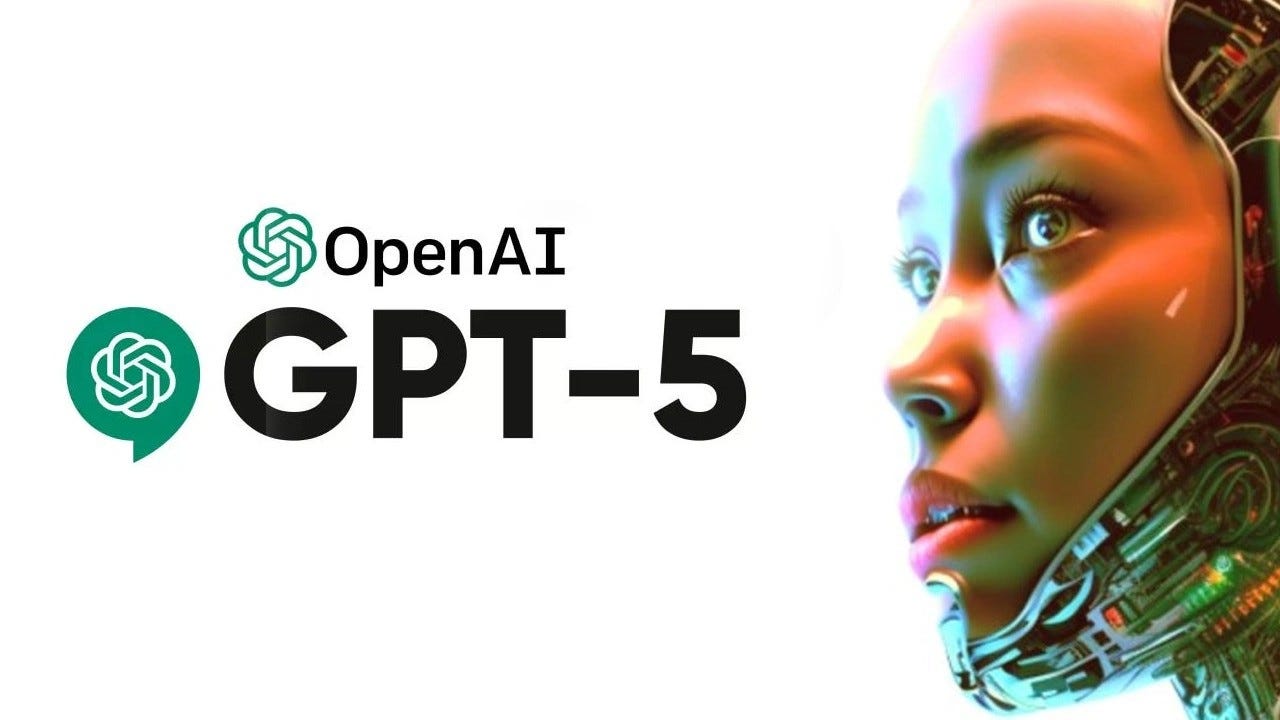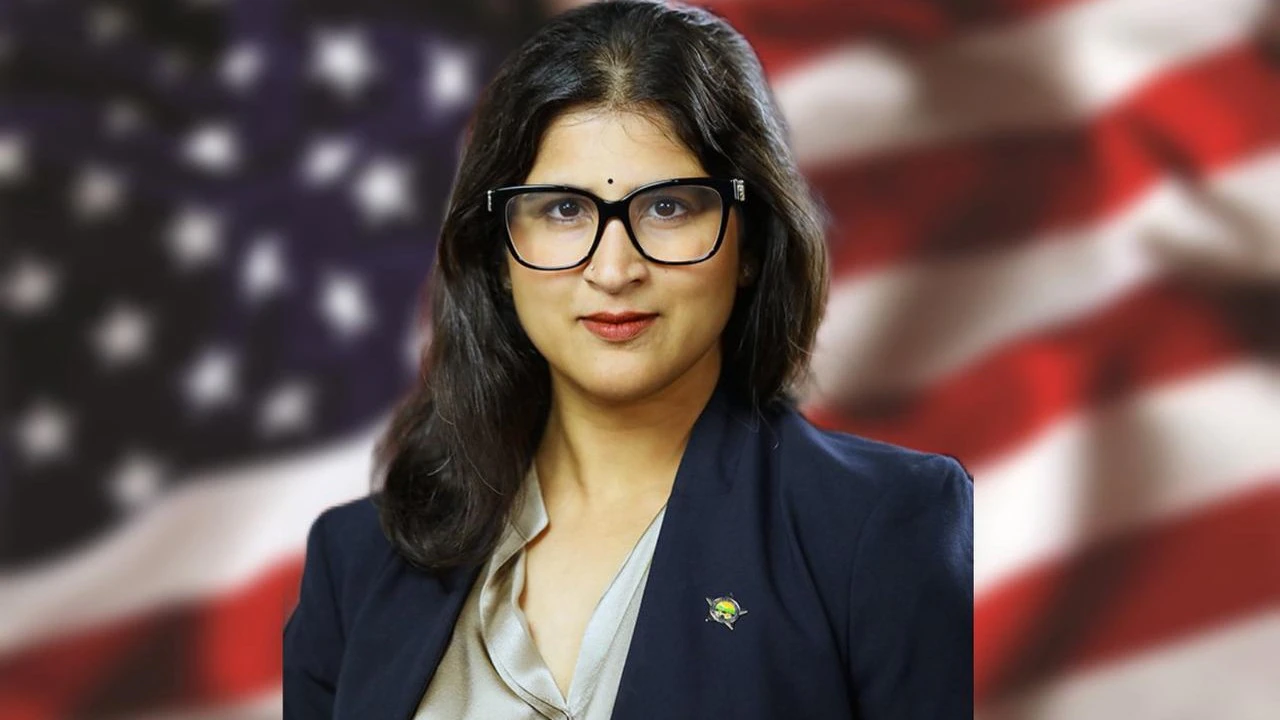
Artificial Intelligence continues to evolve at a rapid pace, with OpenAI leading the charge in refining its models to be more user-centric and supportive. In an exciting development, OpenAI has announced significant upgrades to ChatGPT’s mental health features, positioning the chatbot not just as an intelligent assistant but also as a compassionate companion. This enhancement precedes the highly anticipated launch of GPT-5, signaling a new phase where AI is expected to better understand and support users’ emotional well-being.
The Significance of Mental Health Integration in AI
The integration of mental health support within AI platforms reflects a growing recognition of the importance of psychological well-being in our digital age. As people increasingly turn to AI for assistance, companionship, and information, these tools are now being designed to *recognize* and *respond appropriately* to signs of emotional distress. OpenAI’s latest upgrades demonstrate a commitment to creating AI that can serve not just functional roles but also provide empathetic support.
Why Focus on Mental Health Now?
- Growing Mental Health Challenges: With rising concerns about anxiety, depression, and loneliness globally, tools that can assist or provide comfort are more crucial than ever.
- AI as a Supportive Companion: Many users see ChatGPT as a confidant, making it imperative for the AI to handle sensitive conversations with care and responsibility.
- Technological Maturity: Advances in natural language processing (NLP) allow for more nuanced and empathetic interactions, enabling AI to better understand emotional cues.
Details of the Upgrades to ChatGPT’s Mental Health Features
OpenAI’s recent updates show a strategic focus on refining how ChatGPT interacts in emotionally charged situations. These improvements are aimed at fostering a safe, supportive environment for users seeking mental health guidance or simply compassionate conversation.
Enhanced Emotional Recognition
One of the core upgrades involves improved detection of emotional cues in user inputs. ChatGPT now better identifies signs of distress, sadness, or anxiety based on language patterns, tone, and context. This allows the AI to tailor responses that are more empathetic and validating.
Response Moderation and Safety Nets
Recognizing the sensitive nature of mental health conversations, OpenAI has integrated advanced moderation protocols. These ensure that responses do not inadvertently cause harm or misunderstanding. When the AI detects serious issues like suicidal ideation or self-harm intent, it is programmed to escalate the conversation responsibly—advising users to seek professional help or directing them to appropriate resources.
Training on Compassionate Communication
OpenAI has invested heavily in training ChatGPT with datasets focused on compassionate dialogue. The model now incorporates principles of active listening, validation, and encouragement, making interactions feel more human-like and supportive.
Supporting Self-Help and Mental Wellness
Beyond crisis intervention, the upgraded ChatGPT fosters positive mental health habits. It can suggest mindfulness techniques, recommend coping strategies, or provide motivational support, fostering resilience and well-being among users.
Impact and Implications of the Upgrades
The enhancements in ChatGPT’s mental health support capabilities mark a significant milestone. They reflect a broader shift in AI development—moving beyond transactional interactions to more emotionally intelligent and ethically responsible tools.
Benefits for Users
– Increased Accessibility: People who lack access to mental health services can find solace in a friendly, non-judgmental conversational partner.
– Early Detection: The model’s improved sensitivity can identify early signs of mental health issues, prompting users to seek professional help.
– Enhanced User Experience: Empathetic responses make interactions more meaningful, fostering trust and satisfaction.
Challenges and Ethical Considerations
While these advancements are promising, they also raise important questions:
- Privacy and Confidentiality: Ensuring user conversations remain secure, especially when dealing with sensitive mental health information.
- Limitations of AI Support: The danger of over-reliance on AI for mental health issues, which still require human clinical intervention.
- Bias and Cultural Sensitivity: Making sure responses are culturally appropriate and free from unintended biases.
OpenAI acknowledges these challenges and emphasizes that ChatGPT should complement, not replace, professional mental health services.
The Road Ahead: GPT-5 and Beyond
The timing of these upgrades is strategic, as OpenAI prepares for the rollout of GPT-5. This new version is expected to incorporate even more sophisticated emotional intelligence features, making AI an increasingly reliable partner in mental health and wellness.
With GPT-5, users might experience:
– More nuanced understanding of complex emotional states
– Better integration with mental health resources
– Personalized support tailored to individual needs
OpenAI’s ongoing commitment to responsible AI development suggests that future iterations will continue emphasizing ethical considerations, user safety, and emotional support.
Conclusion: Toward a Compassionate AI Future
OpenAI’s enhancements to ChatGPT’s mental health features represent an important step toward developing AI systems that are not only intelligent but also empathetic. As technology advances, the integration of mental health support highlights the potential for AI to play a meaningful role in improving psychological well-being—particularly when paired with responsible design and professional oversight.
By prioritizing emotional intelligence, OpenAI is paving the way for a future where AI serves as a compassionate confidant, accessible assistant, and supportive companion—empowering users across the globe to navigate mental health challenges with a little more comfort and understanding.
For more updated news please keep visiting Prime News World.








